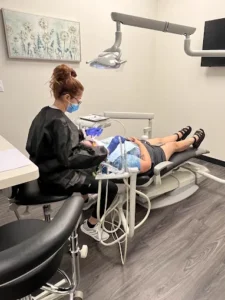Since flossing is an important part of your daily hygiene routine, it’s surprising that many people neglect flossing. Though it is vital to brush your teeth, it cannot help in removing the small food debris and plaque that settles in between the gaps. That is where flossing comes in useful in order to keep your gums and teeth healthy. The floss is a smooth strand of nylon or teflon made to slide easily between teeth. But, How Often Should I Floss My Teeth? How often some people do it? Once a day or it is necessary to do it more often? In this blog, we will answer these questions and make sure that by the end of it, you are well informed and have clear flossing frequency recommendations for healthy teeth.
How Often Should You Floss?
The consensus of all the dental professionals in the survey is that flossing should be done at least once a day. The time that one can choose to floss either in the morning or night does not matter so much but it is advisable that a person floss their teeth daily. As mentioned by the ADA, daily flossing routine reduces the chance of developing gum diseases and cavities because it helps to clean those areas that are unreachable with a toothbrush.
They should remember that brushing just cleans approximately 60% of the total surface of the teeth only. As if this is not enough, if you’ve not included flossing in your daily practice, then you are leaving the teeth and gum spaces that are hard to access exposed to bacterial growth. Hence for people who might be asking ‘does flossing daily harm my gums’ or ‘how often should I floss’, the answer is once daily will ensure you do not develop severe dental complications.
Flossing Before or After Brushing Teeth?
You may also ask if flossing is done before or after the brushing of teeth? Also, according to dentists, use of dental floss should be done before brushing to remove debris. Since debris has to be cleared to allow the fluoride in your paste to penetrate between the teeth. This step will make sure that you are maximizing on your flossing and brushing as much as possible.
However, there are individuals who floss their teeth, right after brushing them. The essential thing to remember in either of these is that they must be done consistently. The truth of the matter is that it is more helpful to incorporate flossing into the best time to floss teeth rather than worrying about the sequence.
Why Is Flossing So Important?
It is not only an effective way to clean in-between teeth but also a great tool to avoid gum diseases, tooth cavities halitosis and etc. Cracks and gaps that can exist between your teeth are traditionally breeding grounds for plaque, which, if not removed early enough, develops into tartar. The deposits left behind are called Tartar and it is very difficult to wipe off and might even need a dentist’s help.
Benefits of Flossing Regularly
Besides, flossing is also effective in preventing gingivitis, an early stage of gum diseases Flossing the teeth daily also helps in getting rid of gum diseases like gingivitis. A paper published in 2020 shows that people who take their time to floss daily have healthier gums than those that don’t floss.

What do other countries say about flossing
Several other countries still recommend flossing. For example, the Argentine Ministry of Health claims that a person should clean between all their teeth everyday with dental floss or similar. Even the Australian Dental Association suggests that everybody above the age of eleven should floss. Hence flossing is as much a basic requirement in oral hygiene as brushing and may not be an extra frill.
What Happens If You Don’t Floss?
If you don’t floss regularly, you run the risk is several dental problems. Accumulation of food deposits on the teeth may result to formation of cavities, swollen gums or even gingivitis. Brushing your teeth but leaving behind these bacteria may also cause bad breath. Thus, proper flossing habits also means that you should floss in order not to have serious problems with your teeth in the future and expensive treatments.
Common Flossing Mistakes to Avoid
Although flossing is very important the wrong way will always end up hurting the teeth as well as the gums. Some common flossing mistakes include:
- Using the same section of floss for multiple teeth. This spreads the bacteria from one to another.
- Snapping the floss into your gums, which can cause bleeding or irritation.
- Not flossing the entire tooth, including beneath the gum line.
To minimize these mistakes, be patient while creating the optimal dental care routines that will focus on right techniques as well as frequency.
When to Floss for Healthy Gums
It is not necessary for you to know that you should floss in the morning only or at night only. That is why many prefer to floss when going to bed to clean their teeth before sleeping because there would be no food particles left in their teeth when they are asleep. However the best time to floss teeth is any time of the day. This could be overnight, early morning, afternoon or evening as long as it is made a routine.
Final Thoughts: Floss Once a Day for a Healthy Smile
Now, the big questions is, How often should I floss my teeth? In general, once a day would be enough when it comes to flossing the teeth. When used properly, it should be incorporated into your proper flossing habits that keep your gums healthy and free from plaque deposition that will lead to expensive treatments later. It does not matter whether you floss before or after brushing; what is most important is that you do it regularly.
For more tips on maintaining optimal dental care routines, or to schedule a check-up, contact our dental clinic today. We provide you with individual dental care prevention and treatment programs to give you the smile you’ve always wanted.








